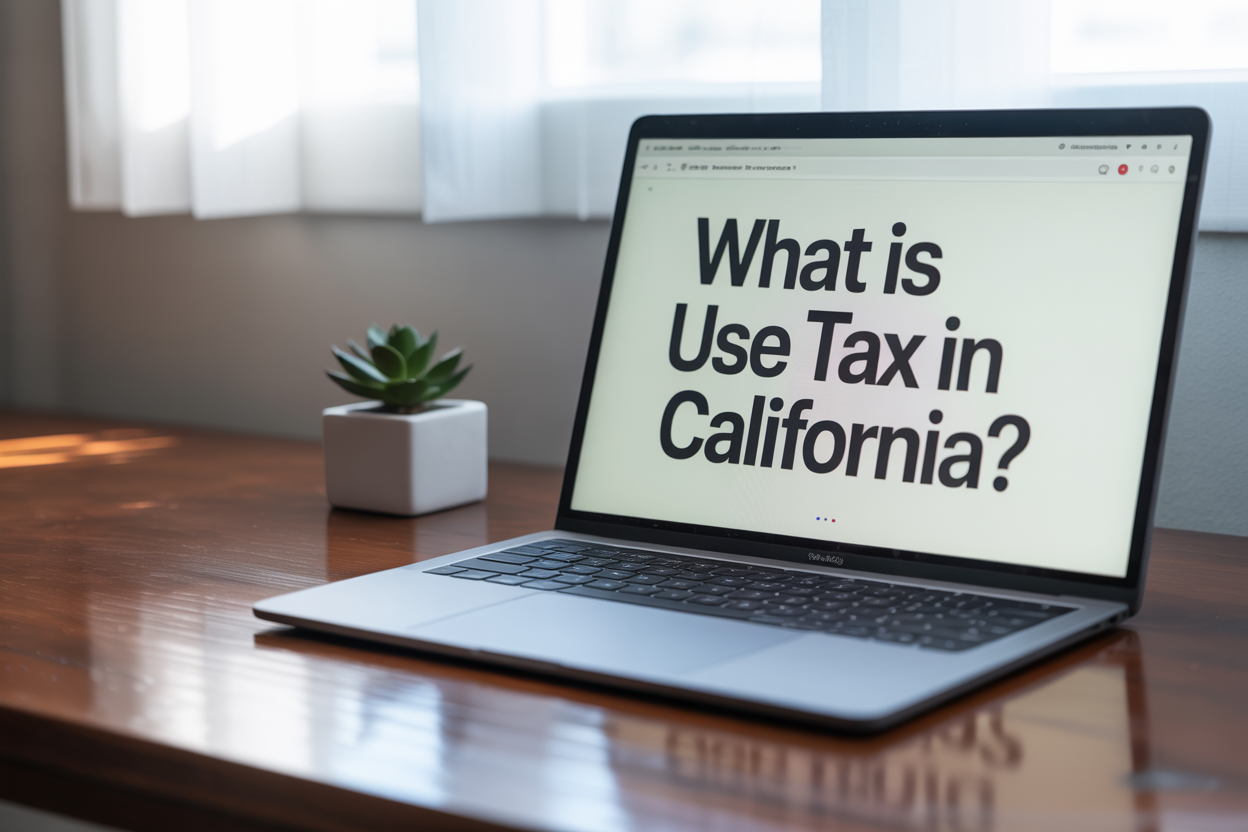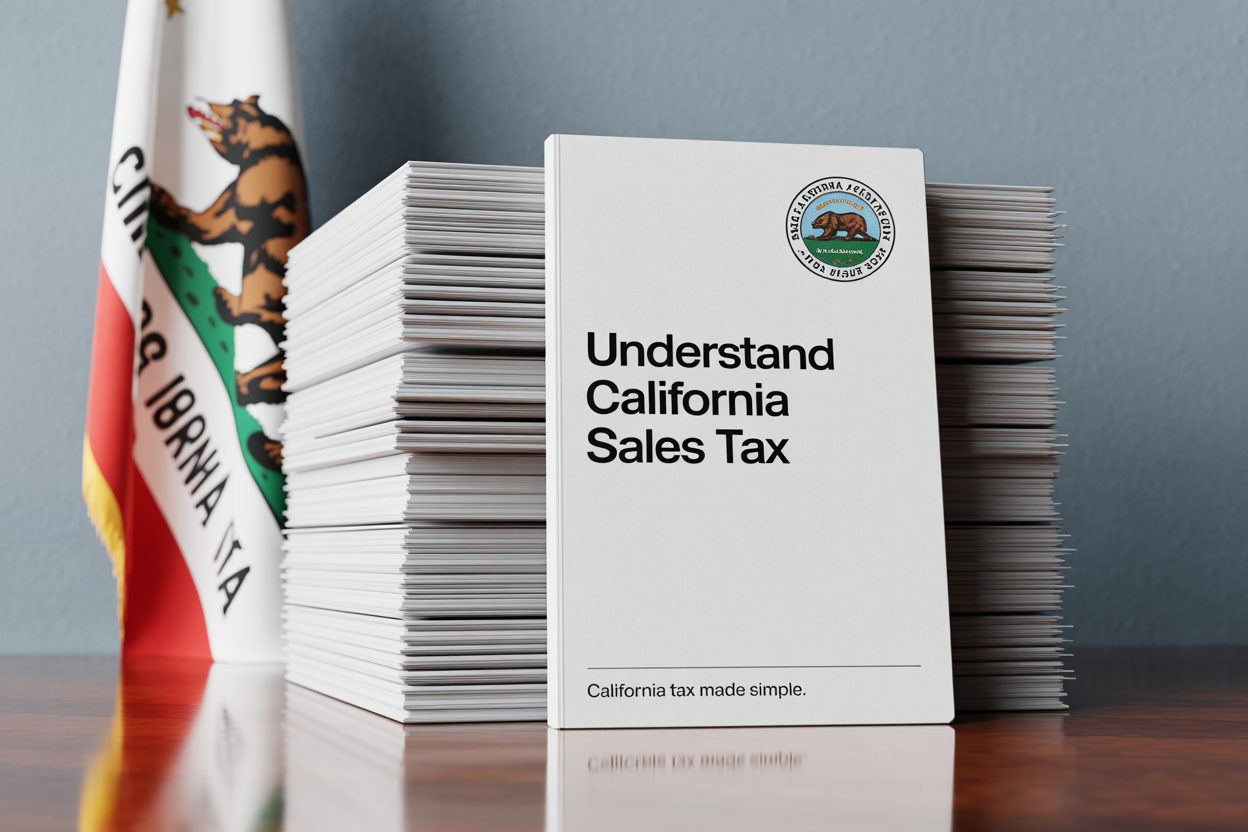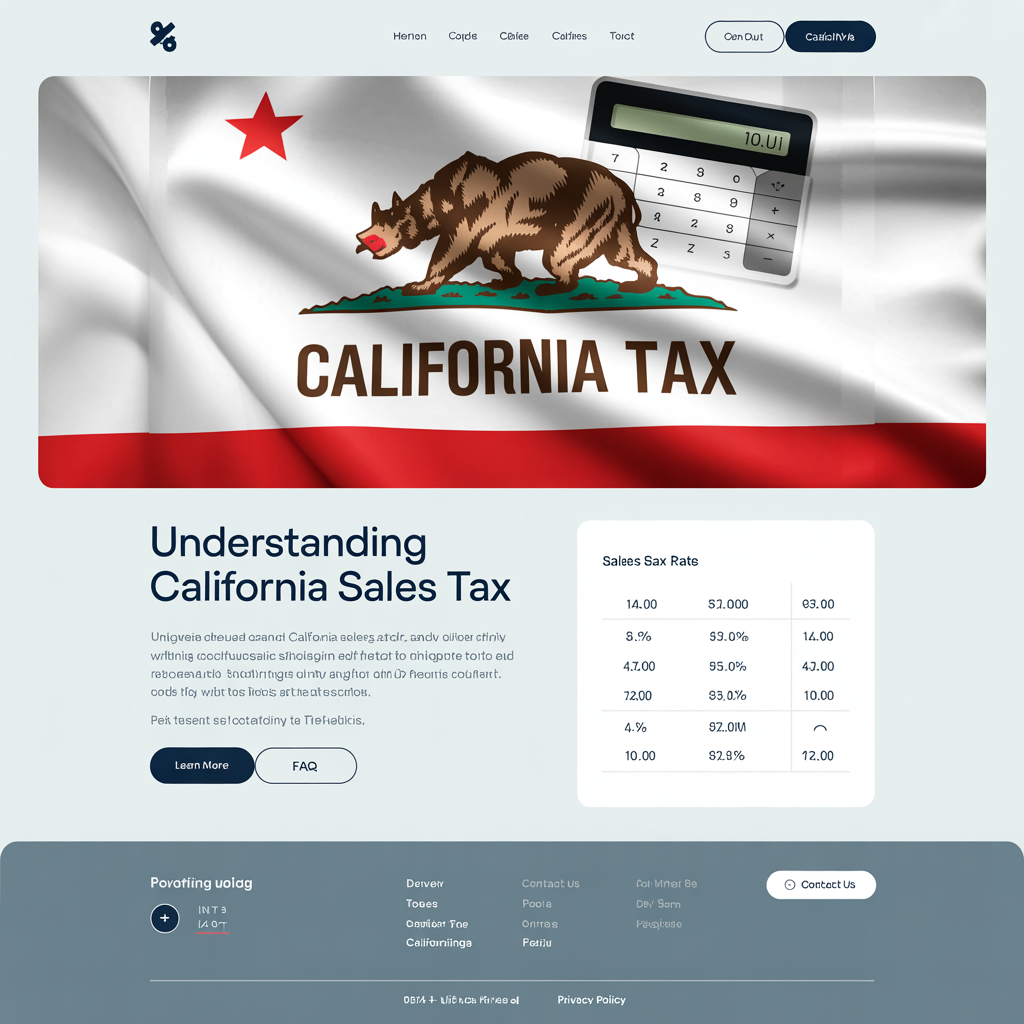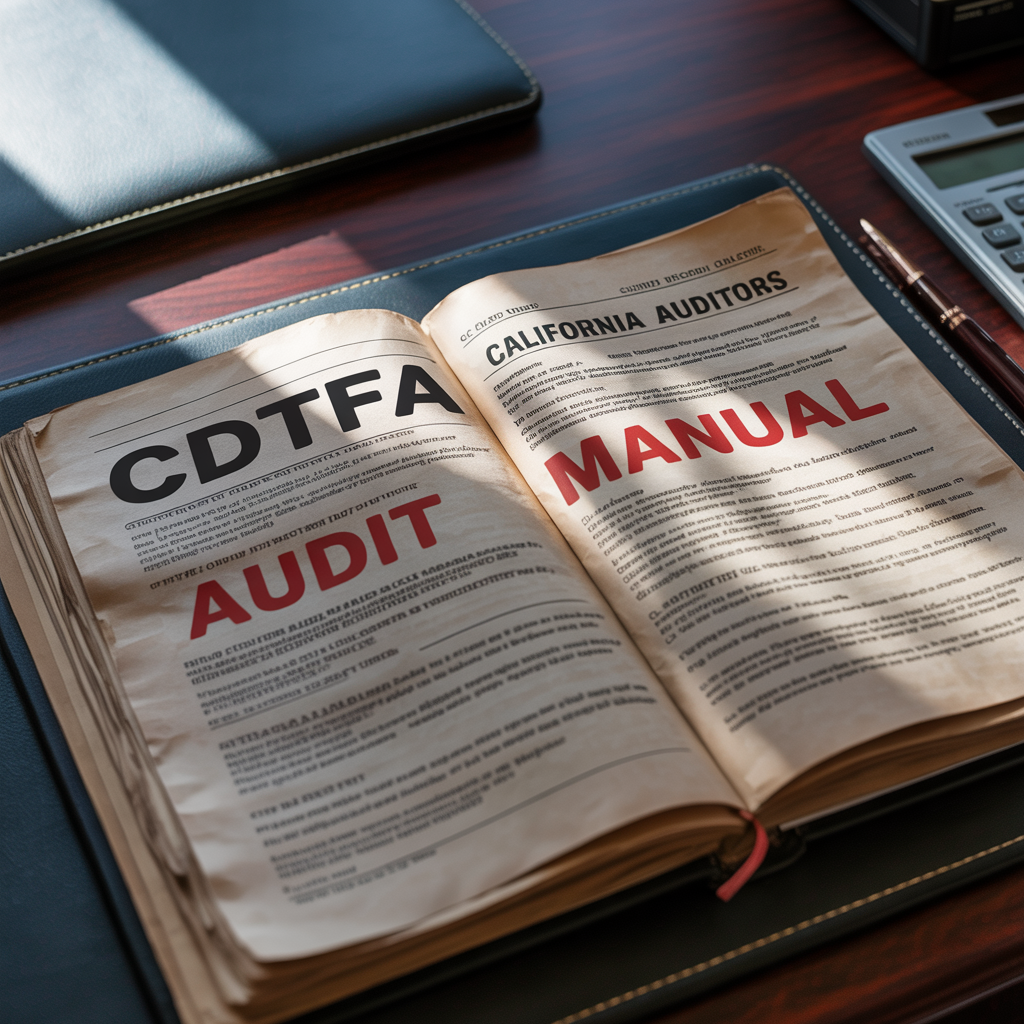Sales Tax Requirements for Retailers Outside of California
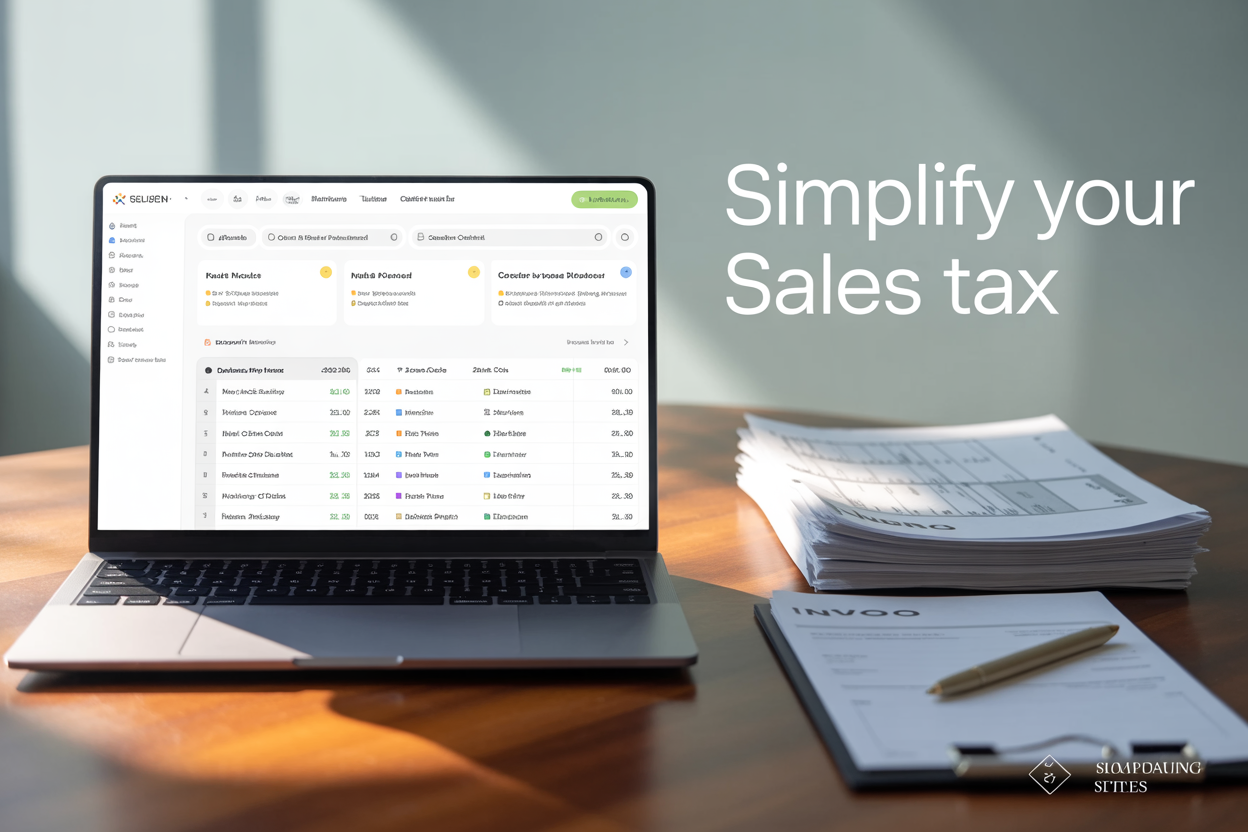
If you sell products to customers in California — even if you don’t have a physical presence in the state — you may still be legally required to collect and remit California sales tax.
Thanks to economic nexus laws, the California Department of Tax and Fee Administration (CDTFA) can require out-of-state retailers to register, collect, and file sales tax. Failure to do so can trigger steep penalties and retroactive tax assessments.
This guide breaks down who’s required to collect California sales tax, how economic nexus works, and what remote sellers need to know to stay compliant.
What Is Economic Nexus?
Economic nexus means that you have enough sales volume or transaction activity in a state to be considered a “seller,” even if you don’t have a physical store, warehouse, or employee there.
Under California Revenue and Taxation Code § 6203, you must register to collect California sales tax if, during the previous or current calendar year, you:
- Exceed
$500,000 in total sales of tangible personal property delivered into California
Even a single Amazon or Shopify seller can trigger this threshold — especially with marketplace activity included.
Who This Applies To
You may need to collect California sales tax if you:
- Sell products through
Shopify, Amazon, Etsy, or eBay
- Operate your own ecommerce website
- Drop-ship goods into California
- Sell physical goods into California, even if occasionally
- Are based in another state but advertise or solicit in California
If you use a marketplace facilitator (e.g., Amazon), they may collect tax on your behalf — but that doesn’t exempt you from all CDTFA requirements.
What Retailers Must Do
If you cross the $500,000 threshold and sell to California buyers, you must:
- Register with the CDTFA for a sales tax permit
- Collect the correct sales tax rate based on the delivery address
- File California sales tax returns regularly (monthly, quarterly, or annually)
- Remit sales tax collected to the CDTFA
- Maintain proper records and resale documentation
Destination-Based Tax Rates
California uses destination-based sourcing for remote sellers. That means:
You must apply the sales tax rate in effect at the delivery address — including local district taxes.
Example:
If you sell a product from Texas and ship it to a customer in Irvine, CA — you must collect Irvine’s full combined rate, which could be 7.75%–9.5%, not just the statewide 7.25%.
Use the CDTFA’s rate lookup tool to verify the correct rate.
What Happens If You Don’t Comply?
The CDTFA can:
- Perform a
use tax audit
- Assess back taxes for uncollected sales tax
- Apply
interest and penalties
- File
liens or pursue
collections
- Contact marketplaces (like Amazon) for seller data
If they determine you failed to collect tax, you may be personally liable for the unpaid amount — even if you’ve already spent the money.
Penalties for Noncompliance
| Violation | Penalty |
|---|---|
| Failure to register | Up to 50% of tax due |
| Under-collection of tax | Full liability plus interest |
| Failure to file | $50–$100 per return plus escalating penalties |
| Failure to remit | Up to 25% penalty per period |
| Repeat violations | Business license suspension |
What About Marketplace Sellers?
If you sell through Amazon, Etsy, or another marketplace:
- The
marketplace facilitator is responsible for collecting/remitting tax on your behalf
- You
may still need to register if you make direct sales outside the platform
- CDTFA may still audit your business for exempt sales, inventory presence, or combined activity
Don't assume you're fully covered — get professional advice if you're unsure.
How We Help Remote Sellers Comply with CDTFA Rules
At Boulanger CPA, we work with out-of-state retailers, online sellers, and multichannel businesses to:
- Determine whether you have nexus
- Register with the CDTFA properly
- File overdue returns and resolve penalties
- Represent you in CDTFA audits
- Help you navigate compliance across states
📍 Based in Orange County — serving clients nationwide who do business in California.
Related Posts
- What Is Use Tax in California?
- How the California Sales Tax Rate Is Determined
- California Sales Tax Audits Step by Step
- What Happens When You Fail a Sales Tax Audit (CDTFA)
Frequently Asked Questions
Do I need to register for California sales tax if I’m in another state?
If you exceed $500,000 in California sales in a calendar year, yes — you must register, collect, and file sales tax with the CDTFA.
How do I know what sales tax rate to charge?
Use the CDTFA's rate lookup tool to determine the correct rate based on the customer’s delivery address.
What if I only sell through Amazon?
Marketplace facilitators like Amazon generally collect tax on your behalf, but you may still need to register if you make other sales.
Can I be audited by the CDTFA as an out-of-state seller?
Yes. If you have economic nexus, the CDTFA can audit you and assess tax, interest, and penalties.
📣 About the Author
Marc Boulanger, CPA is the founder of Boulanger CPA and Consulting PC, a boutique tax resolution firm based in Orange County, California and trusted by high-income individuals and business owners across Southern California.
He is the author of Defend What’s Yours: A California Taxpayer’s Guide to Beating the IRS and FTB at Their Own Game, available now on Amazon. The book offers a step-by-step plan for resolving IRS and FTB tax debt without losing your business, your home, or your peace of mind.
With over a decade of experience resolving high-stakes IRS and State tax matters, Marc brings strategic insight to complex cases involving wage garnishments, bank levies, unfiled returns, and six-figure tax debts. He is known for helping clients reduce or eliminate tax liabilities through expertly negotiated settlements and compliance plans.
Marc is a Certified Public Accountant licensed in California and Oklahoma and holds the designation of Certified Tax Representation Consultant. He is a member of the American Society of Tax Problem Solvers (ASTPS) — the national organization founded by the educators and practitioners who have trained thousands of CPAs, EAs, and tax attorneys in IRS representation strategy.
Every case is handled with discretion, proven methodology, and direct CPA-led representation — not call center scripts.
📍 Learn more at www.orangecounty.cpa or call (657) 218-5700.

